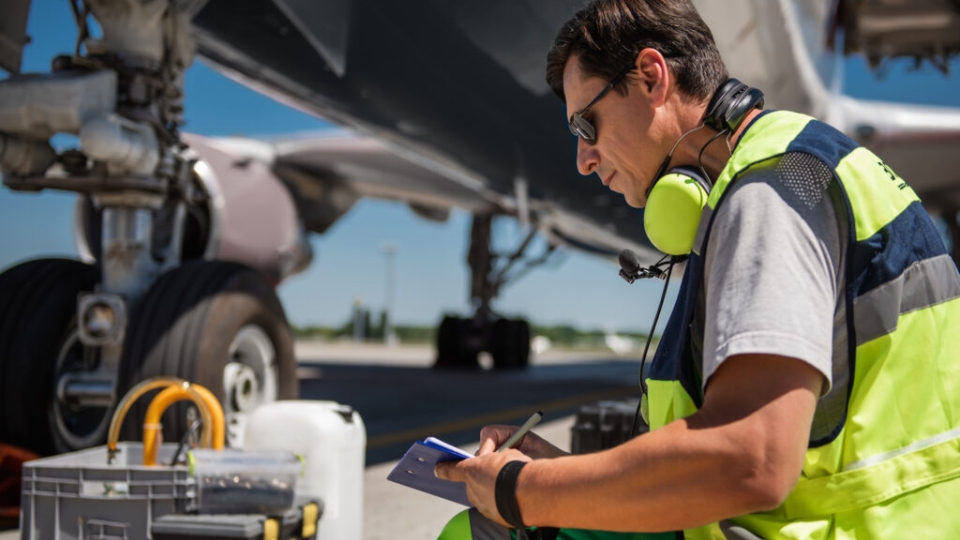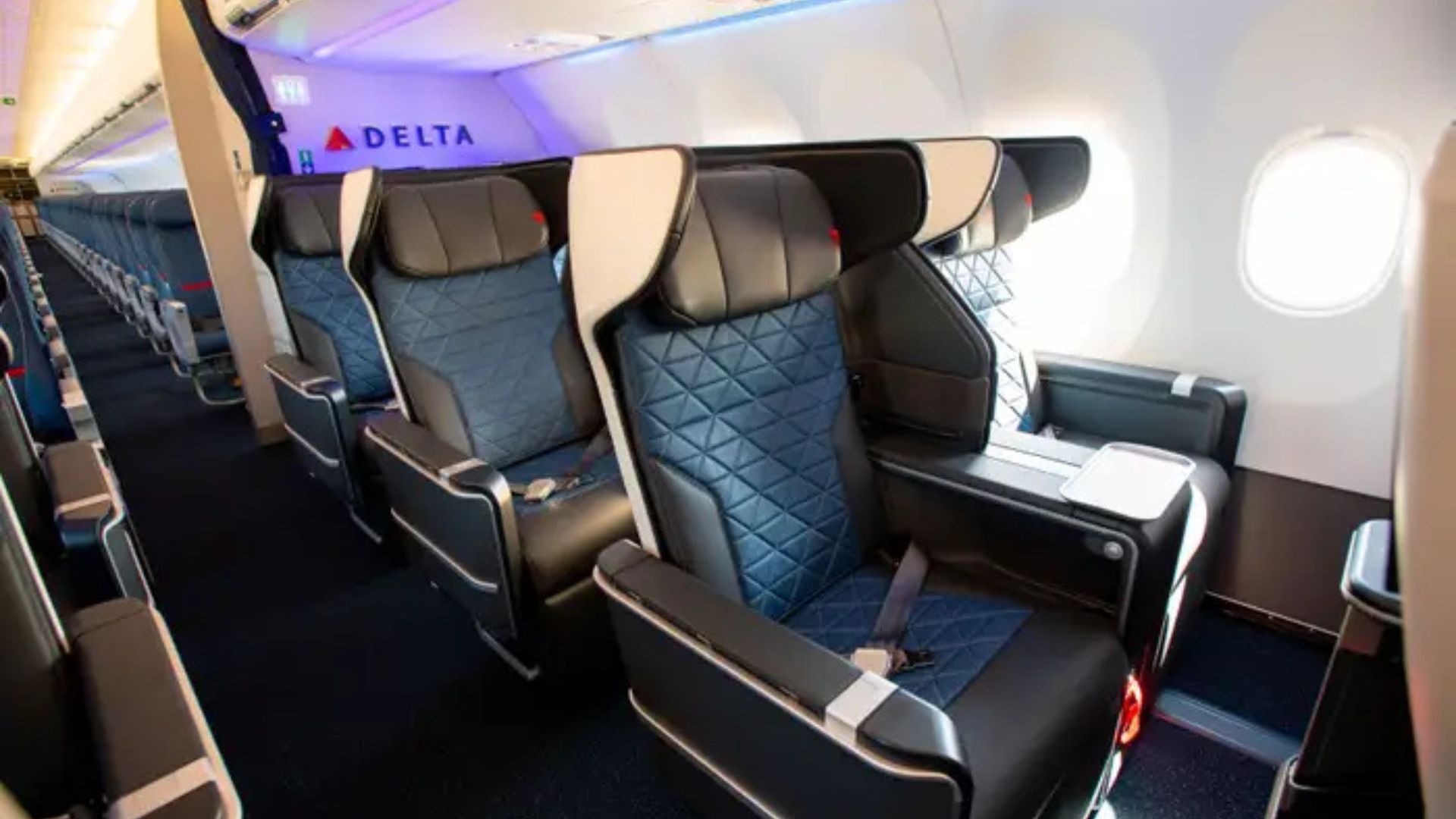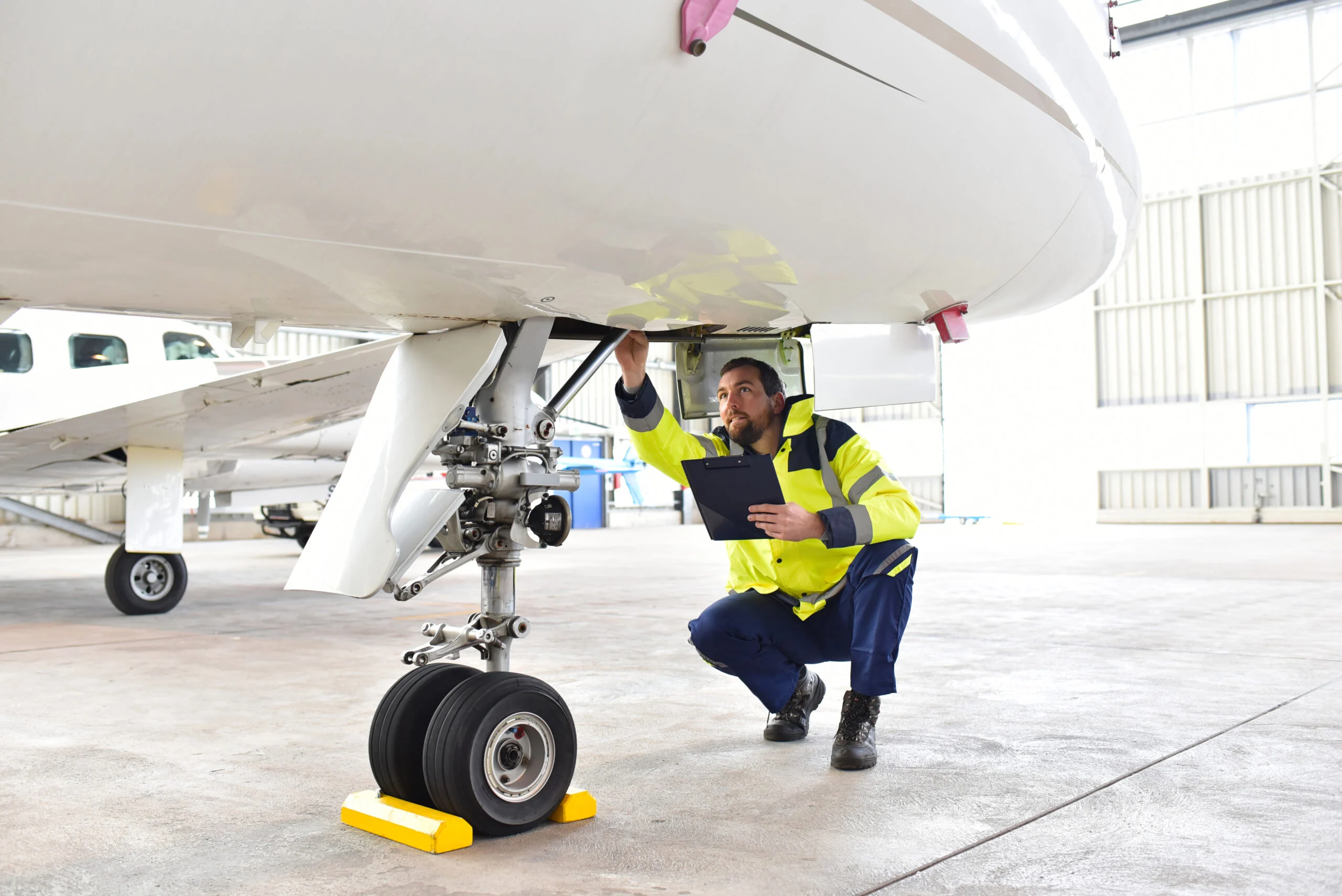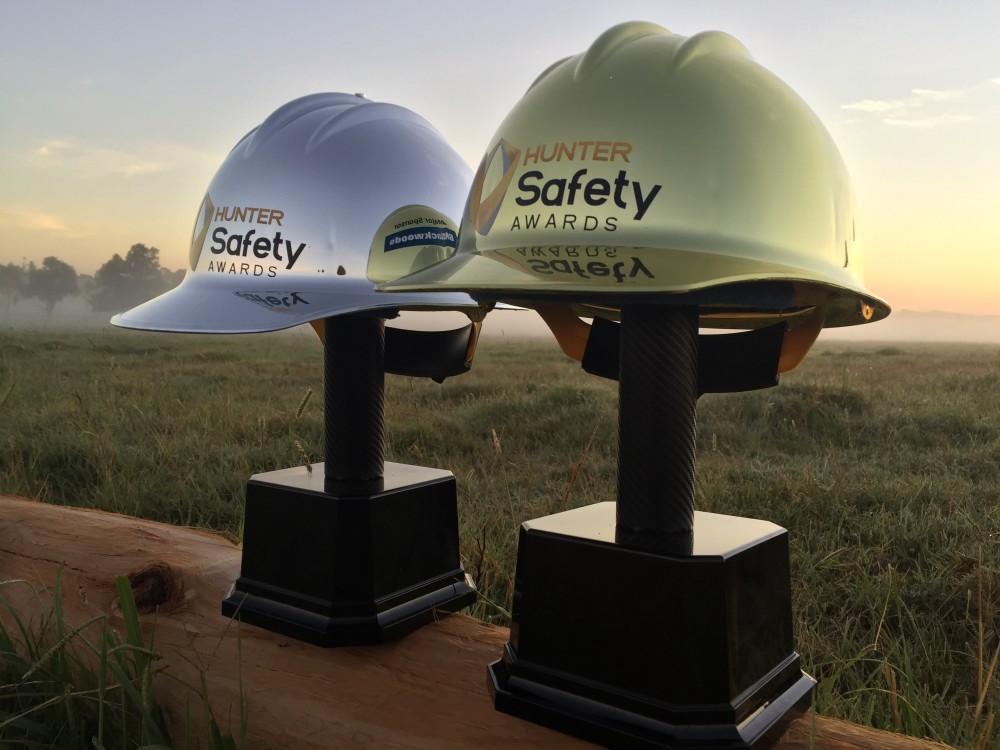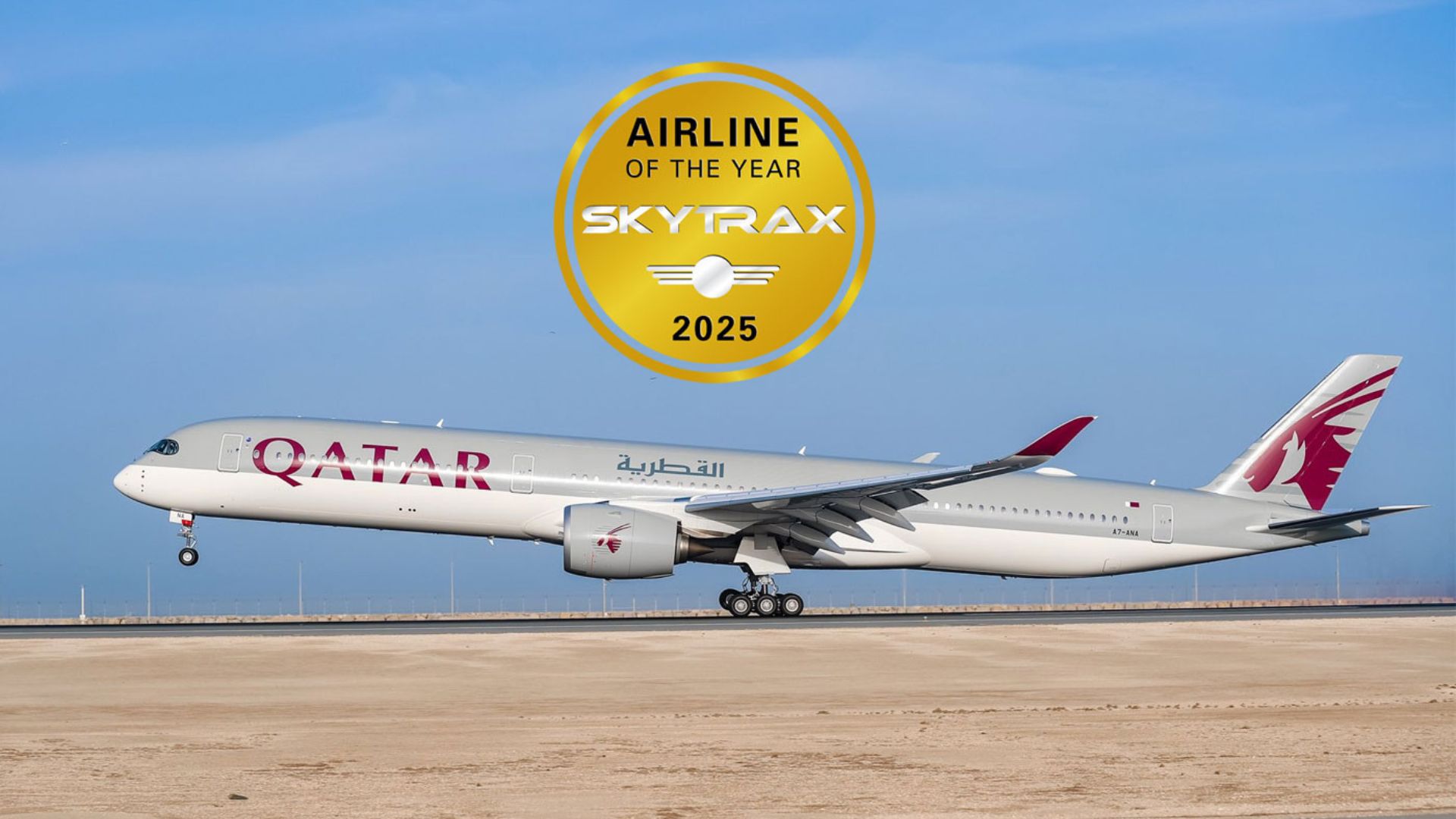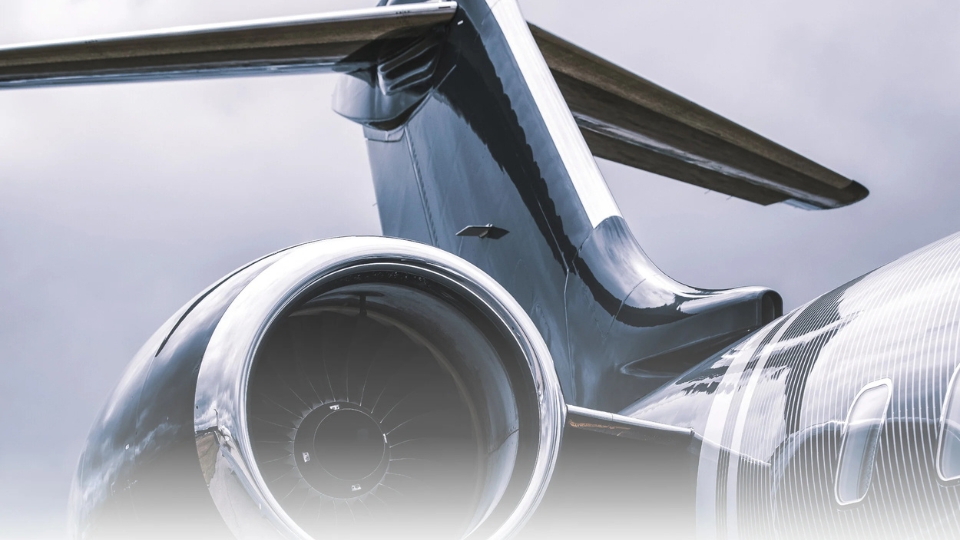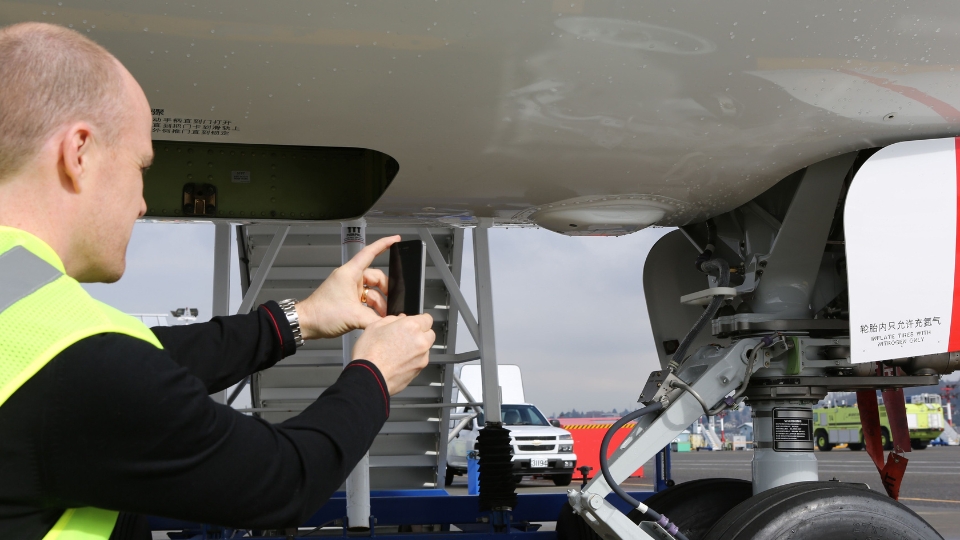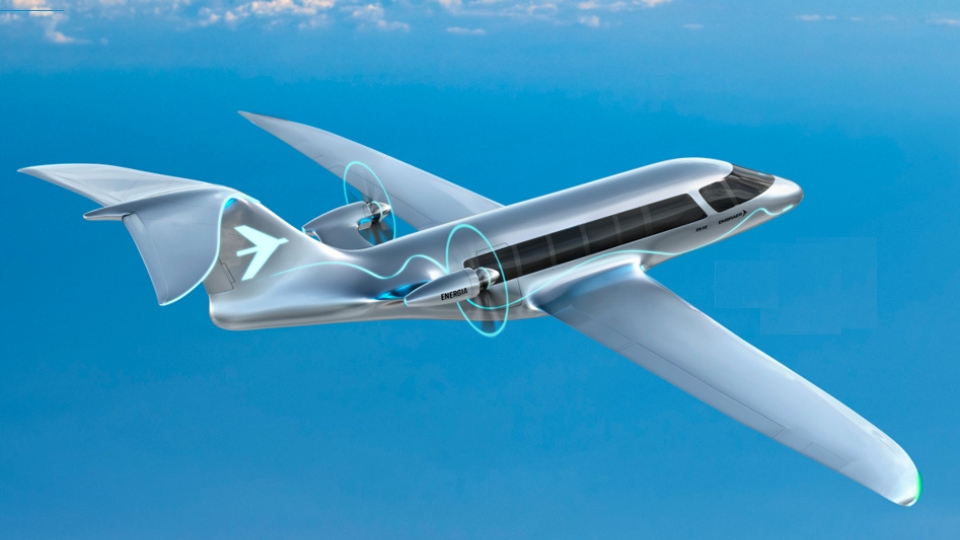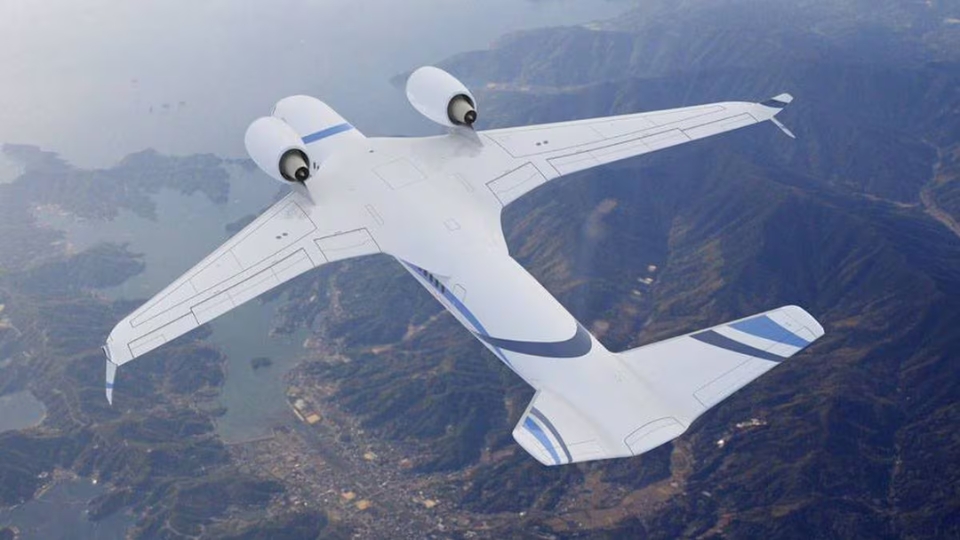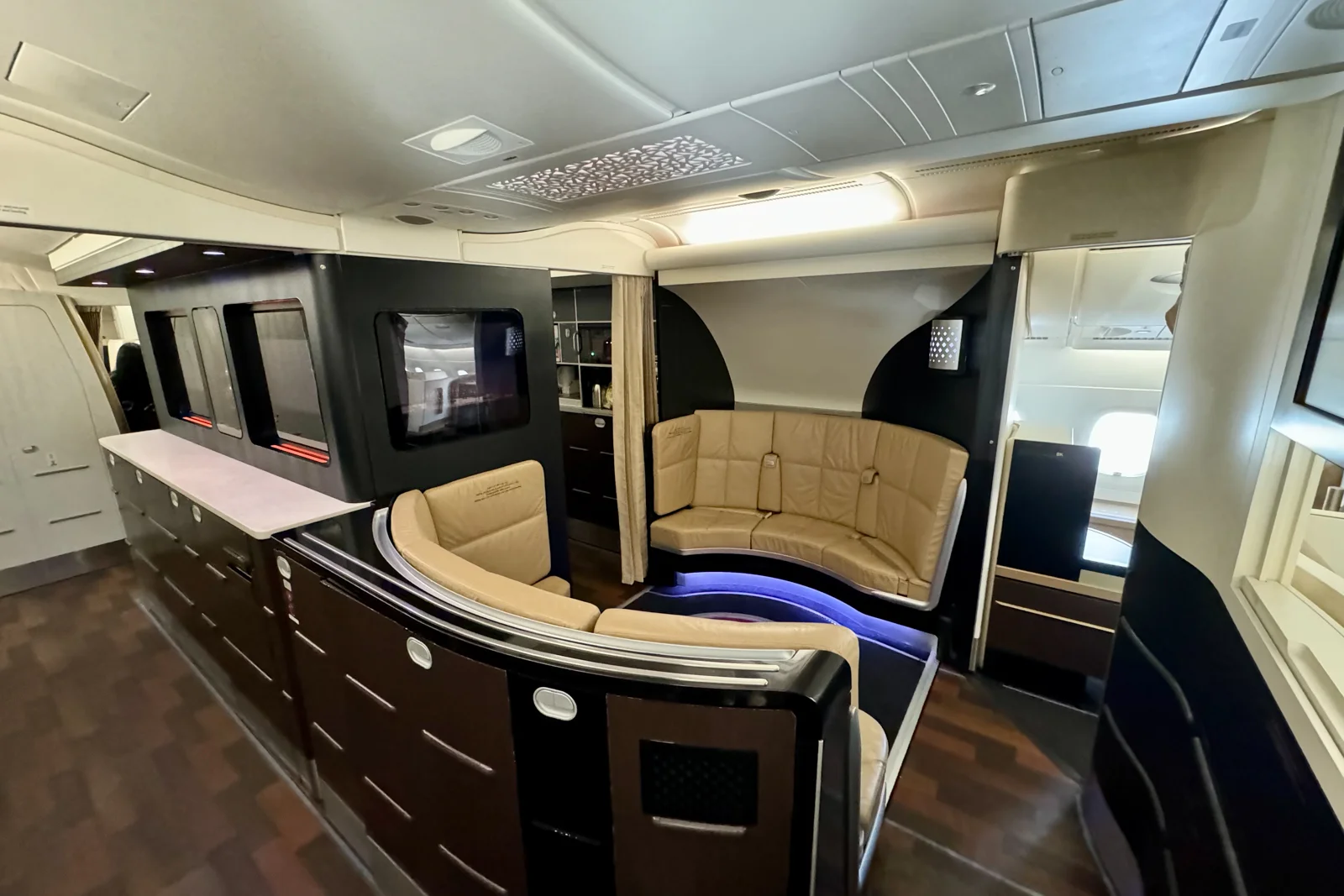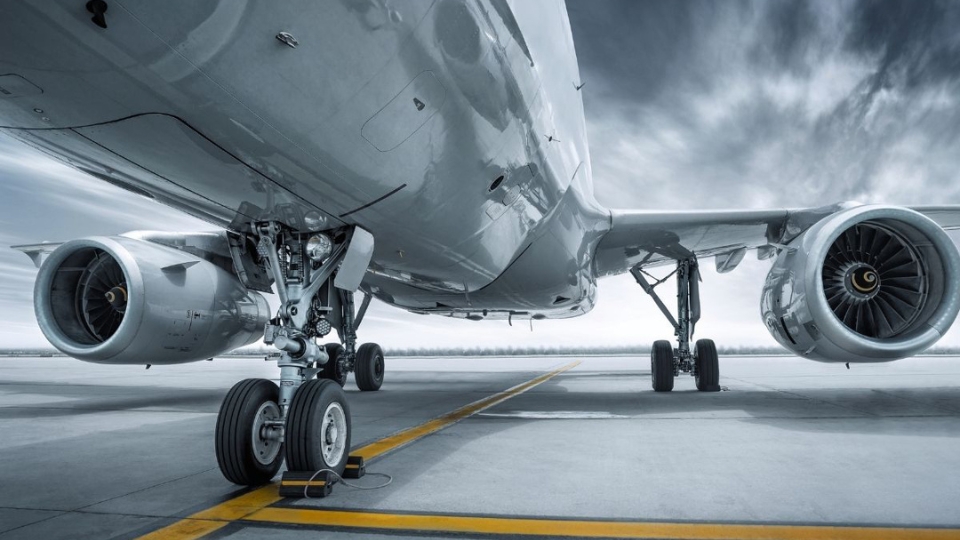Safety recognition plays a crucial role in aviation. Airlines operate in a complex and high-stakes environment where passenger well-being is paramount. Awards and certifications that honor exceptional safety performance not only celebrate excellence but also encourage continuous improvement across the industry.
In addition, these recognitions serve as a benchmark for passengers, regulators, and airline competitors. By understanding their importance, travelers can make informed choices, while airlines can maintain high operational standards.
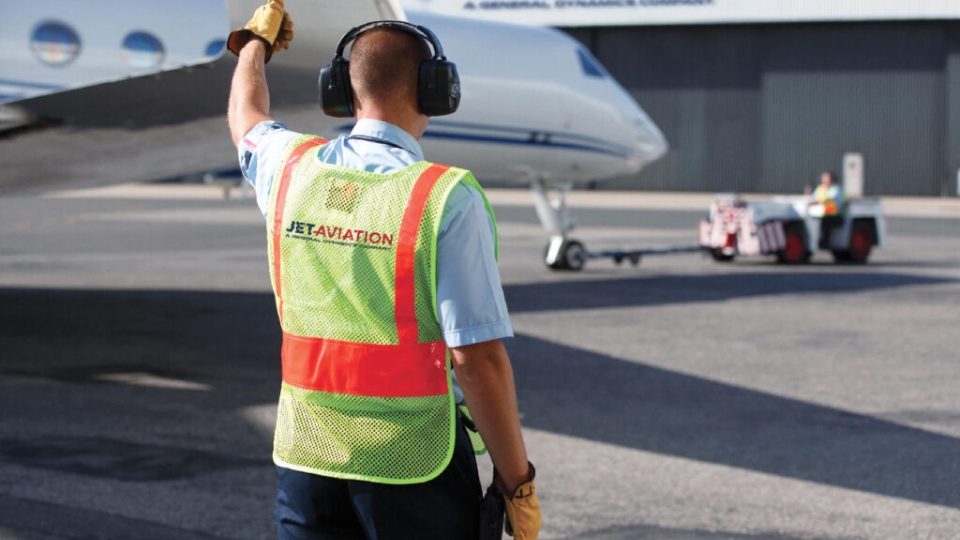
The Importance of Safety Recognition in Aviation
Building Passenger Confidence
One of the most significant benefits of safety recognition is that it builds passenger trust. Travelers are more likely to choose airlines known for excellent safety records.
-
Visible certifications: Awards and safety certifications reassure passengers that the airline adheres to international standards.
-
Peace of mind: Passengers feel secure knowing that trained staff and well-maintained aircraft protect them.
-
Enhanced reputation: Airlines with recognized safety programs attract frequent flyers and business travelers.
Consequently, safety recognition directly influences consumer behavior and strengthens brand loyalty.
Encouraging Industry-Wide Excellence
Safety awards motivate airlines to maintain high operational standards. Airlines strive to meet stringent criteria, fostering a culture of safety and accountability.
-
Continuous improvement: Carriers implement new procedures and update training programs to remain eligible for awards.
-
Benchmarking: Awards provide measurable standards, allowing airlines to compare performance with global peers.
-
Innovation adoption: Recognized airlines often pioneer new technologies, safety protocols, or maintenance procedures.
Therefore, recognition drives a proactive approach that benefits the entire aviation industry.
Highlighting Training and Preparedness
Awards often assess the quality of training and preparedness of airline staff. Pilots, flight attendants, and ground crews undergo continuous education to handle emergencies effectively.
-
Emergency drills: Frequent simulations for fire, evacuation, or medical incidents enhance readiness.
-
Crew coordination: Teams develop communication and decision-making skills essential for safe operations.
-
Medical response training: First aid and CPR certifications ensure immediate care for onboard health issues.
By rewarding excellence in training, safety recognition emphasizes the importance of human skills alongside technology.
Promoting Technological Advancement
Safety recognition also encourages airlines to integrate advanced technology into operations.
-
Predictive maintenance: Sensors and diagnostics reduce the risk of mechanical failures.
-
Real-time monitoring: Flight monitoring systems enable proactive responses to changing conditions.
-
Automation and alerts: Aircraft equipped with automated safety systems minimize human error and enhance operational efficiency.
As a result, awards not only honor achievements but also push airlines to adopt cutting-edge solutions that improve overall safety.
Regulatory Compliance and Global Standards
Awards reflect adherence to local and international aviation regulations. Airlines recognized for safety demonstrate that they consistently comply with strict operational standards.
-
Certification requirements: Carriers undergo independent audits and inspections to validate compliance.
-
Continuous reassessment: Maintaining awards requires ongoing evaluation and updates to procedures.
-
Global credibility: Recognition indicates alignment with worldwide safety benchmarks, which strengthens trust with regulators and passengers.
Thus, safety recognition reinforces the importance of regulatory compliance and operational excellence.
Motivating Employees and Organizational Culture
Safety awards foster a culture of accountability and pride within airlines. Staff members feel recognized for their dedication to protecting passengers.
-
Employee engagement: Teams are motivated to follow protocols meticulously.
-
Professional pride: Recognition reinforces the significance of each role in maintaining safety.
-
Collaboration: Encouraging a shared focus on safety enhances teamwork across departments.
By motivating employees, safety recognition strengthens internal processes that directly impact passenger protection.
Conclusion
Safety recognition in aviation is more than a prestigious accolade. It builds passenger confidence, drives industry-wide excellence, highlights training and technological advancements, reinforces regulatory compliance, and fosters a culture of accountability within airlines.
In essence, awards and certifications encourage continuous improvement while reassuring travelers that airlines prioritize their safety. For both passengers and the aviation industry, safety recognition remains a critical measure of quality, reliability, and trust in modern air travel.

